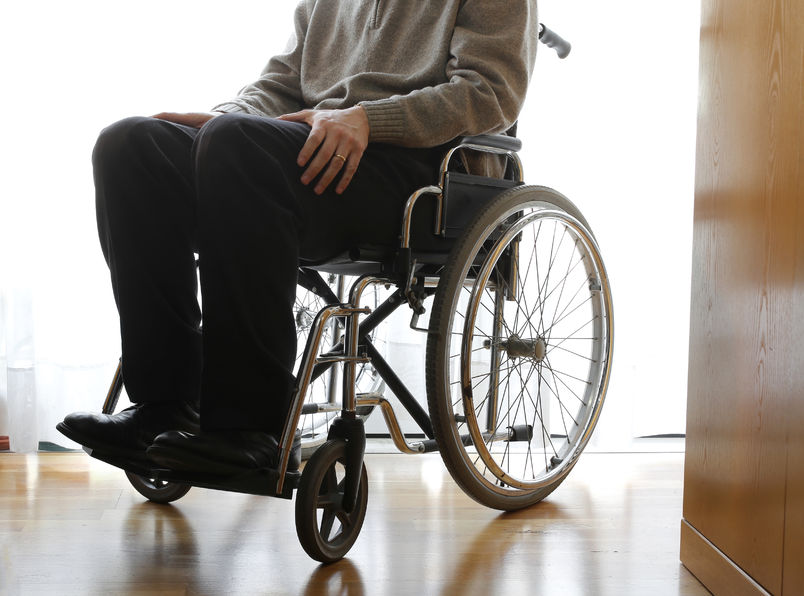About a year and a half after Sarepta Therapeutics received FDA approval for Exondys 51 (eteplirsen), their first treatment for Duchenne muscular dystrophy (DMD), the company has announced plans to submit a New Drug Application (NDA) to the regulator for their second drug for the neuromuscular disease. As its name suggests, Exondys 51 is indicated for use in DMD patients with a mutation in the dystrophin gene on exon 51; golodirsen, Sarepta’s newest candidate is for patients with an exon 53 mutation.
“Sarepta is thankful for the FDA Neurology Division’s thoughtful and direct guidance regarding golodirsen,” said Doug Ingram, Sarepta’s president and chief executive officer. “Obviously, whether golodirsen will obtain accelerated approval is a review decision that will come after the submission and review of our NDA. But we greatly appreciate the willingness of the Neurology Division to engage and provide clear direction to us on the steps necessary to support an NDA submission for accelerated approval.”
RELATED: Getting Treatment Options to Rare Disease Patients Faster: Putting Patients First in Clinical Trials
The decision to file is based on positive results from Sarepta’s Phase 1/2 study of golodirsen involving 25 male patients with DMD with confirmed deletions in exon 53. Sarepta saw a statistically significant increase in dystrophin protein in boys treated with golodirsen – a surrogate endpoint used to predict clinical benefit of the drug.
The same surrogate endpoint was used to support approval for Exondys 51 so Sarepta is hoping the regulator will be amenable to doing the same again. Sarepta plans to complete a rolling submission for golodirsen, including data from animal toxicology studies, which the FDA has already said they are willing to consider.
Sarepta is also conducting a Phase III clinical trial of golodirsen and casimersen, another DMD drug in its pipeline, to assess their efficacy in treating patients with the neuromuscular disease. The company hopes the FDA will accept the results from this trial as a post-marketing study if the drug is granted accelerated approval before the trial is complete.
Like Exondys 51, golodirsen uses Sarepta’s phosphorodiamidate morpholino oligomer (PMO) chemistry to cause enzymes involved in transcription and translation to skip an exon when synthesizing the dystrophin protein. While DMD affects as many as one in every 3,500 male children, a smaller subset carries mutations in exon 53.










Join or login to leave a comment
JOIN LOGIN